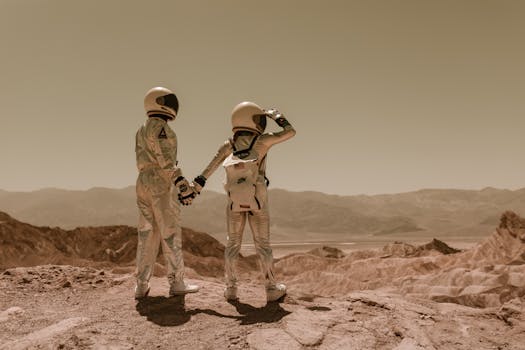
“
Charting New Realms: The Journey of Imagination Beyond the Stars with Imagination
Imagination has long been the driving force behind human innovation and discovery. From the earliest scientists to the latest science fiction writers, the ability to imagine and conceptualize new ideas has been the key to pushing the boundaries of what we thought was possible. In this article, we’ll explore the journey of imagination beyond the stars and into the unknown realms of the universe.
Section 1: The Power of Imagination
Imagination is the ability to form mental images or concepts of things that are not necessarily real. It’s the power to create new ideas, to envision new possibilities, and to bring them into being. Throughout history, imagination has played a crucial role in shaping our understanding of the world and the universe. From the ancient Greeks to modern-day scientists, imagination has been the driving force behind many of the greatest discoveries and innovations.
One of the most famous examples of the power of imagination is the story of Johannes Kepler, a 17th-century mathematician who used his imagination to develop the laws of planetary motion. Kepler’s work laid the foundation for modern astronomy and paved the way for later scientists like Isaac Newton and Galileo Galilei. This journey of imagination is beautifully captured in our post Soaring Through the Cosmos: The Power of Imagination Beyond the Stars.
Section 2: Exploring the Cosmos
As we continue to explore the cosmos, we’re constantly reminded of the infinite possibilities that lie beyond our planet. From the majestic swirl of galaxy clusters to the eerie glow of black holes, the universe is full of mysteries waiting to be unraveled. With each new discovery, our imagination is sparked, and we’re inspired to ask even more questions about the nature of reality and our place within it. For more on how imagination transcends our understanding, check out Galaxies of Dreams: How Imagination Transcends the Night Sky.
The search for extraterrestrial life is another area where imagination plays a crucial role. Scientists use their imagination to design experiments, to interpret data, and to develop new theories about the origins of life in the universe. While we’ve yet to find definitive evidence of alien life, the search itself has led to numerous breakthroughs in our understanding of the universe and the conditions necessary for life to emerge.
Section 3: The Future of Space Exploration
As we look to the future of space exploration, imagination will continue to play a vital role in shaping our endeavors. With private companies like SpaceX and Blue Origin leading the charge, we’re on the cusp of a new era of space travel and discovery. From lunar bases to Mars colonies, the possibilities for human exploration and settlement are endless, and it’s up to our imagination to guide us.
One of the most exciting areas of research is the development of new propulsion technologies, such as fusion drives and antimatter engines. These concepts, once considered the realm of science fiction, are now being seriously explored by scientists and engineers. With the help of imagination, we may one day find ourselves traveling to distant star systems, exploring new worlds, and unlocking the secrets of the cosmos.
Section 4: Conclusion and Takeaways
In conclusion, the journey of imagination beyond the stars is a never-ending quest to explore, to discover, and to push the boundaries of what’s possible. As we continue to venture into the unknown, we’re reminded of the infinite possibilities that lie before us. Imagination is the key to unlocking these possibilities, and it’s up to us to cultivate and nurture it.
Some key takeaways from this article include:
- Imagination is the driving force behind human innovation and discovery.
- The universe is full of mysteries waiting to be unraveled, and imagination is essential for exploring these mysteries.
- The search for extraterrestrial life is an area where imagination plays a crucial role.
- The future of space exploration will be shaped by our imagination and our ability to think creatively.
See more:
https://www.nasa.gov
https://www.space.com
https://www.scientificamerican.com





